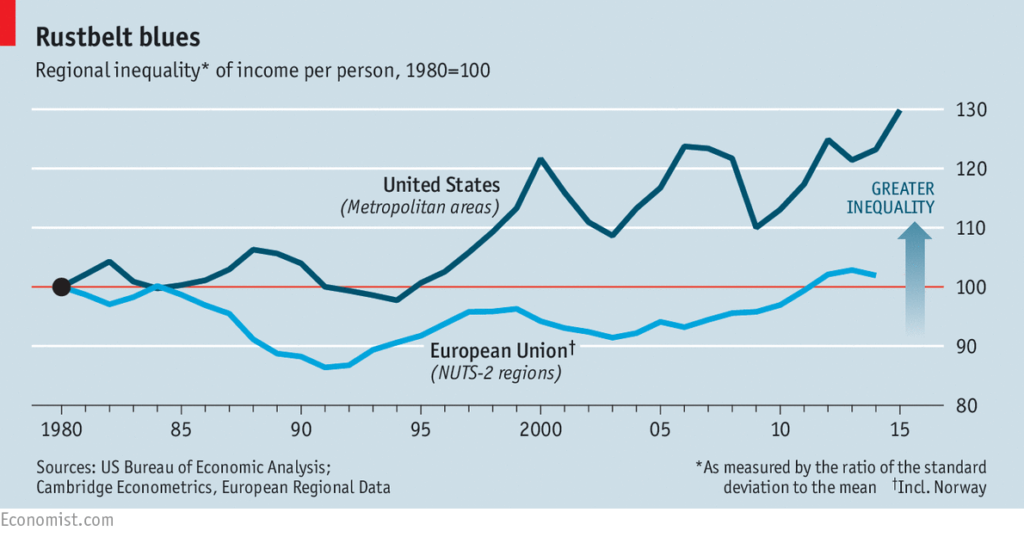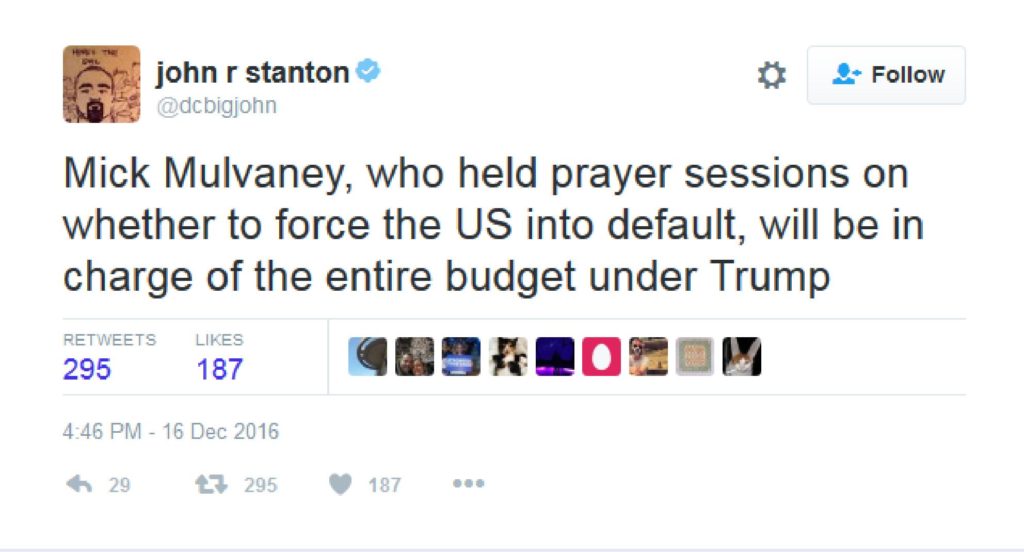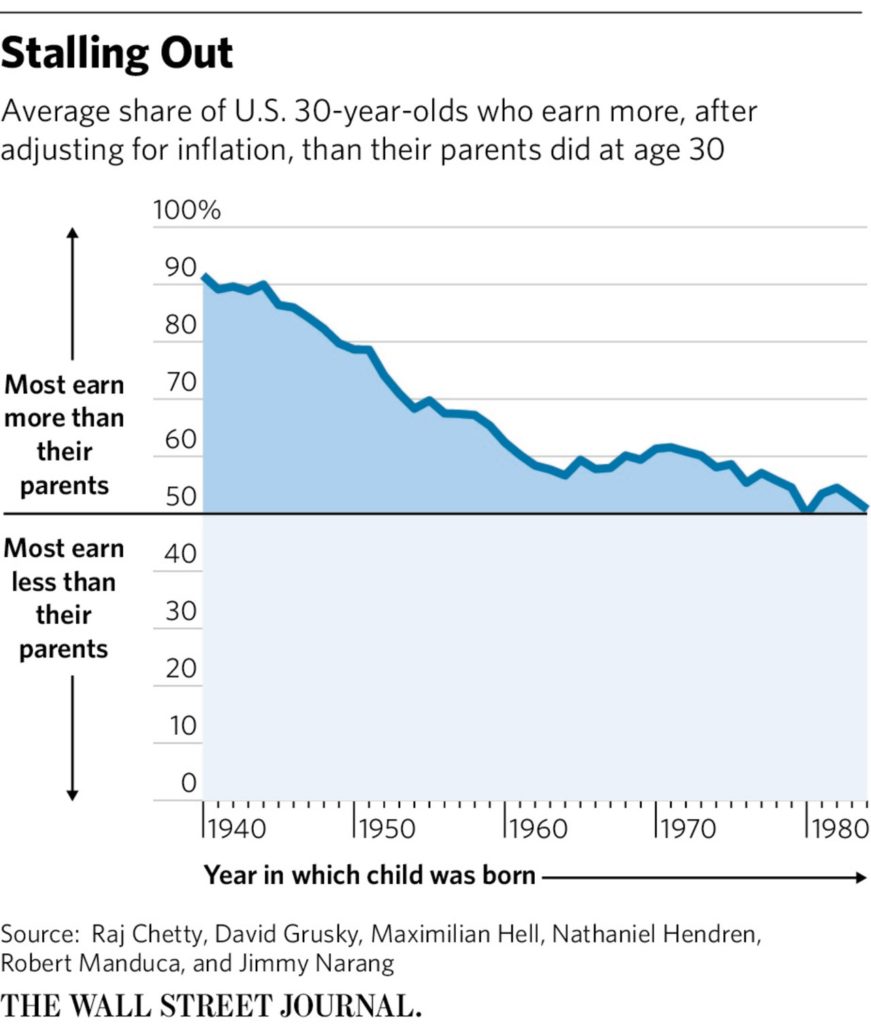(Below is a guest post from Nicole Dodd, a recent graduate from UC Santa Barbara. She has moved to Washington DC to begin a career in government service. The photos below are ©Nicole Dodd)
“Women’s rights are human rights.” – Hillary Rodham Clinton, 1995
This past Saturday, I was one of almost 500,000 women and men participating in the Women’s March on Washington. From 8 am until well after 8 pm, the streets were crowded with women wearing pink ‘pussy hats,’ carrying indignant signs, and chanting out against our newest president.
The movement was powerful, and greatly exceeded expectations: the Washington March itself had almost 2.5x the amount of people it was projected to have, and the sister marches across the States and the world had incredible turnout. After having seen so many red “Make America Great Again” caps and rioters in the streets just twenty-four hours earlier, I was encouraged to see an influx of pink hats participating in a protest that remained peaceful and could spark a global movement.
From an outside perspective, it may seem that the Women’s March had no direction and no goal. Millions of people took to the streets to protest, but for what? On the Women’s March website, it lists the ‘unifying principles’ of the march: ending violence, reproductive rights, LGBTQIA rights, worker’s rights, civil rights, disability rights, immigrant rights, and even environmental justice. From what I saw, participants in the March held signs that advocated for each of the unifying principles of the March. However, the heart of the matter is this: President Trump was elected without a majority popular vote, and while he has promised to be ‘a president for all Americans,’ his words and actions have proven that he will not.
While January 21st was an important first step in the fight against the Orange Overlord’s administration, the fight in no way stops here. As a pragmatist, I realize that many women and men will walk away after this weekend thinking that they’ve completed their democratic duty by simply showing up and chanting angrily for a few hours.
Despite this, I am extremely hopeful. Many speakers at the Washington March implored the participants to get politically active. We were told to write our representatives every single day, join and become active in the organizations that we were working to support, and finally, to run for public office. Protesters held signs echoing those same sentiments, urging us to vote and to get involved. To top it off, the Women’s March website published an article outlining what exactly we can do during Trump’s first 100 days to make sure our voices are heard in the Capitol.
In the same way that it is our democratic responsibility to vote in local, state and national elections, it is also our democratic responsibility to peacefully protest and make sure that our representatives are accurately representing our interests. It’s hard to evaluate if the Women’s March will lead to concrete actions – the commitment of the crowd could easily be attributed to mob mentality, and people lose resolve over time. Still, the Women’s March was the largest protest to ever occur over the inauguration of a US President, and that fact cannot go unnoticed. My hope is that, with clear guidance and resources from the Women’s March administrators, the majority of participants in Saturday’s movement will abandon their excuses and take it upon themselves to exercise their democratic rights and responsibilities.
I can promise you that this protester will refuse to sit by idly, and will take action.
My favorite chant from Saturday sums up the movement perfectly: “This is what democracy looks like”. Here are a few photos from the DC March. This one shows size of the crowd:

Sign from person near the Smithsonian:

One of the main purposes of the March was to address reproductive rights:

“I’m with her” sign shows marchers’ solidarity. View towards the Washington Monument:






